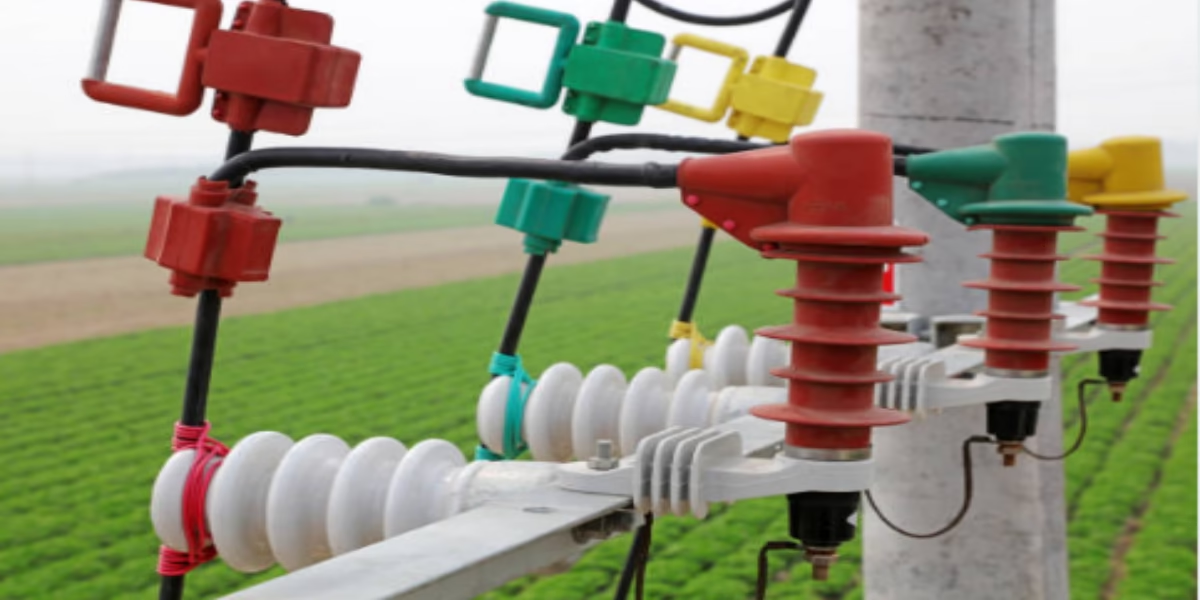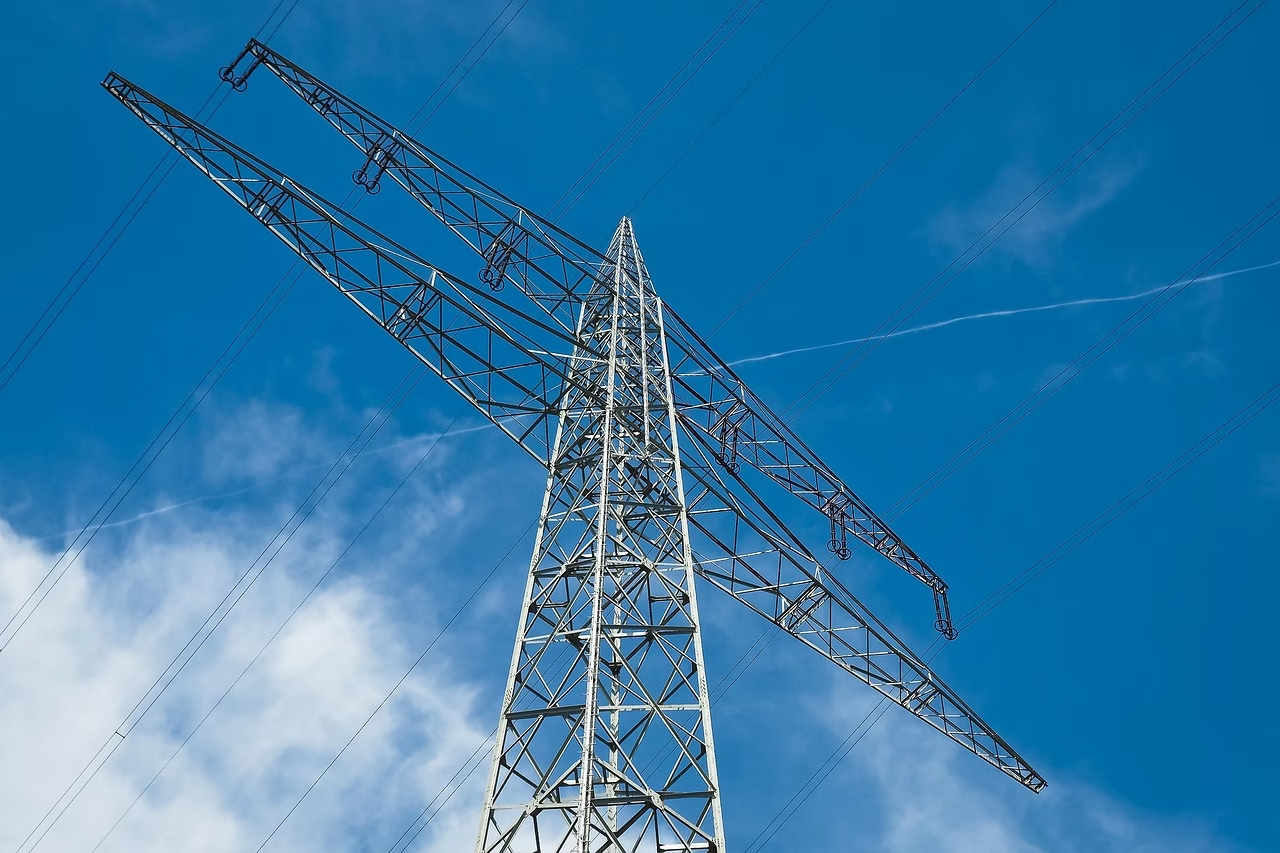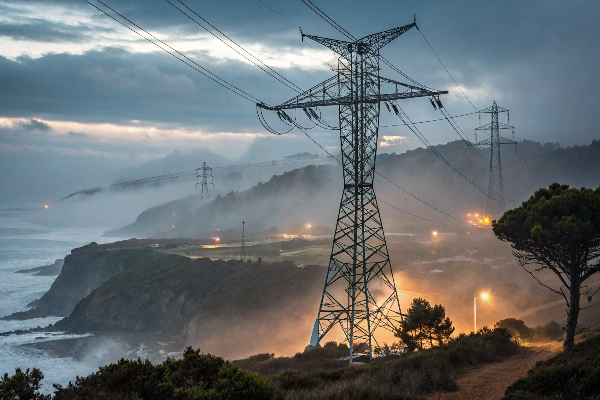In the intricate web of modern technology, where precision and reliability are paramount, an unsung hero quietly ensures safety and stability—silicone rubber insulators. These seemingly simple components may go unnoticed in the grand scheme of electrical systems, yet they play a pivotal role in safeguarding lives and equipment from the ravages of high voltage and environmental stressors. Known for their extraordinary resilience and versatility, silicone rubber insulators act as silent guardians, ensuring that power flows seamlessly while protecting both people and machinery from potential hazards.This article delves into the fascinating world of silicone rubber insulators,exploring their unique properties,applications,and the critical role they play in enhancing safety in our increasingly electrified lives. Join us as we shed light on these crucial yet frequently enough overlooked protectors, highlighting the importance of their presence in today’s technology-driven society.
Table of Contents
- Understanding the Role of Silicone Rubber Insulators in Electrical Safety
- Key Advantages of Silicone Rubber Insulators in Harsh Environments
- Best Practices for Selecting and Installing Silicone rubber Insulators
- Innovative Applications of Silicone Rubber Insulators Across Industries
- Q&A
- To Wrap It Up
Understanding the Role of Silicone Rubber Insulators in Electrical Safety
Silicone rubber insulators play a crucial role in maintaining electrical safety, acting as a formidable barrier between conductive components and the environment. Their inherent properties, such as high dielectric strength and excellent thermal stability, make them ideal for various applications. When exposed to extreme temperatures or environmental conditions, silicone insulators remain resilient, helping to prevent electrical failures that can lead to costly downtime or hazardous situations. These insulators effectively resist moisture, dust, and chemicals, providing long-term reliability where traditional materials may falter.
The functionality of silicone rubber insulators extends beyond mere protection; they are engineered to enhance overall system performance. Key benefits include:
- Durability: Withstanding harsh weather and UV exposure without degradation.
- Flexibility: Easily molded into complex shapes to fit various device designs.
- Electrical Insulation: Preventing electrical leakage and ensuring signal integrity.
Understanding these attributes is paramount for manufacturers and engineers, as the right insulation material can substantially influence the longevity and safety of electrical systems. Below is a breakdown of common applications where silicone rubber insulators are an essential component:
| Application | Function |
|---|---|
| Power Distribution | Preventing power outages and protecting infrastructure |
| Telecommunications | Ensuring clear signal transmission |
| HVAC Systems | Minimizing electrical interference |
Key Advantages of Silicone Rubber Insulators in Harsh Environments
Silicone rubber insulators stand out in extreme conditions, providing an exceptional blend of durability and flexibility. Designed to withstand a range of temperatures, from the frigid depths of winter to the sweltering heat of summer, these insulators exhibit remarkable stability. Their resistance to UV radiation, ozone, and chemical exposure ensures longevity, making them ideal for environments like electrical substations, outdoor equipment, and industrial settings.Hear are some key benefits:
- Enhanced Electrical Performance: Excellent dielectric properties minimize leakage currents and withstand high voltage.
- Thermal Stability: Maintains performance across a wide temperature range,from -60°C to 200°C.
- Low Maintenance: Non-porous and easy to clean, reducing the need for frequent servicing.
Beyond their physical characteristics, silicone rubber insulators contribute significantly to safety and reliability. Their inherent flexibility allows them to be molded into various shapes, fitting even the most complex designs, while maintaining electrical isolation. In critical installations, this flexibility reduces the risk of damage due to thermal expansion or mechanical stress. Below is a summary of their advantages:
| Advantage | Description |
|---|---|
| Environmental Resistance | Highly resistant to environmental factors, ensuring longevity. |
| mechanical Strength | Capable of enduring heavy loads and mechanical stress. |
| Safety Compliance | Meets stringent industry safety standards, enhancing reliability. |
Best Practices for Selecting and Installing Silicone Rubber Insulators
When selecting silicone rubber insulators, it's essential to assess the specific needs of your application. Consider factors such as temperature resistance, voltage rating, and environmental exposure. Moreover, pay attention to the certifications and standards that the insulators meet, ensuring they conform to industry regulations for safety and performance. Collaborate with reputable suppliers who provide detailed product specifications and are willing to offer expert advice. A careful evaluation of your requirements can prevent costly mistakes and ensure long-lasting durability.
Proper installation is just as critical as selection. Begin by ensuring that the surfaces where the insulators will be mounted are clean and free of contaminants. Use appropriate mounting hardware that is compatible with the insulator design, maintaining torque specifications to prevent loosening over time. Additionally, conduct a thorough inspection post-installation to ensure there are no gaps or misalignments. Remember, regular maintenance checks should be scheduled to monitor the condition of the insulators, seeking signs of wear or degradation that may compromise their effectiveness.
Innovative Applications of Silicone rubber Insulators Across Industries
Silicone rubber insulators have carved a unique niche in various sectors, proving essential to innovations in safety and performance. Their remarkable chemical resistance and high-temperature stability make them the perfect choice for applications in industries such as automotive, electrical, and telecommunications. In automotive systems, as a notable example, silicone rubber insulators are used in wire harnesses to prevent short circuits and ensure reliable performance under extreme conditions. The insulating properties support the longevity of electronic components, enhancing vehicle safety and efficiency.
The telecommunications sector also benefits significantly from silicone rubber insulators. These materials are employed in the construction of cables and connectors to withstand harsh environmental conditions.Their hydrophobic and dielectric properties reduce signal loss and ensure uninterrupted communication, crucial for modern connectivity. additionally, in the renewable energy industry, these insulators are instrumental in safeguarding solar panels and wind turbines from electrical surges, thereby enhancing reliability and performance. The versatility of silicone rubber insulators positions them as vital elements in the quest for safety across diverse applications.
Q&A
Q&A: Silicone Rubber Insulators - The Silent Guardians of Safety
Q1: What are silicone rubber insulators, and why are they important?
A: Silicone rubber insulators are specialized materials designed to prevent the flow of electricity from one surface to another. they act as barriers, substantially enhancing the safety and efficiency of electronic systems. Their importance lies in protecting equipment from electrical surges, ensuring operational continuity, and safeguarding users from hazardous electrical shocks.
Q2: How do silicone rubber insulators differ from traditional insulators?
A: While traditional insulators might potentially be made from materials like glass or ceramic, silicone rubber insulators offer superior flexibility, resilience, and temperature resistance. They maintain effectiveness across a wide range of environmental conditions and can withstand extreme temperatures, making them ideal for demanding applications that traditional materials may not endure.
Q3: In what industries are silicone rubber insulators commonly used?
A: These versatile insulators are found in various industries, including electrical engineering, automotive manufacturing, aerospace, and consumer electronics. Their wide scope of application reflects their ability to improve safety and reliability in everything from power generation to everyday household appliances.
Q4: Can you elaborate on the impact of silicone rubber insulators on safety?
A: Silicone rubber insulators contribute to safety in multiple ways. They reduce the risk of electrical fires, prevent short circuits, and protect sensitive equipment from moisture and dust intrusion. By creating a reliable barrier against electricity, they not only safeguard devices but also enhance user safety, making them essential in any electrical setup.
Q5: Are silicone rubber insulators eco-friendly?
A: Manny silicone rubber insulators are designed to be environmentally friendly. They are often made from sustainable materials and can be recycled,which contributes to reducing their ecological footprint.Manufacturers are increasingly focusing on eco-conscious production techniques, aligning the benefits of silicone insulation with a commitment to sustainability.
Q6: What innovations are shaping the future of silicone rubber insulators?
A: The future of silicone rubber insulators is being shaped by advances in material science and engineering. Innovations include improved formulations for heightened durability, developments in manufacturing techniques for cost-effectiveness, and the integration of smart technology that can provide real-time monitoring of electrical systems. These advancements promise to enhance both performance and safety in increasingly complex applications.
Q7: How can consumers ensure they are using high-quality silicone rubber insulators?
A: When selecting silicone rubber insulators, consumers should look for reputable manufacturers who adhere to industry standards and certifications. It can also be beneficial to read reviews and seek recommendations from professionals in the field. Ensuring compliance with safety regulations and specifications is key to sourcing insulators that meet the highest quality benchmarks.
Q8: What is the takeaway for individuals and businesses regarding silicone rubber insulators?
A: The takeaway is clear: investing in high-quality silicone rubber insulators not only enhances safety but also protects valuable equipment and fosters operational efficiency. Whether for a large-scale industrial application or everyday home use, recognizing the critical role of these silent guardians can lead to safer and more reliable electronic operations.
To Wrap It Up
In a world increasingly dependent on technology, the importance of overlooked components like silicone rubber insulators cannot be overstated. These silent guardians of safety play a pivotal role in protecting both our devices and our lives from the perils of electricity. as we navigate the complexities of modern infrastructure and energy systems, understanding and appreciating the functionality of these insulators becomes essential. They not only enhance the durability and reliability of equipment but also embody the intersection of innovation and safety in our everyday lives. By shining a light on their importance, we remind ourselves that even the smallest elements can have a profound impact on our world. So, the next time you engage with an electronic device or step into a well-lit room, take a moment to acknowledge the unseen forces at play, ensuring that safety and efficiency go hand in hand. Let us continue to explore and innovate, recognizing that within every simple solution lies the potential for extraordinary advancements.





